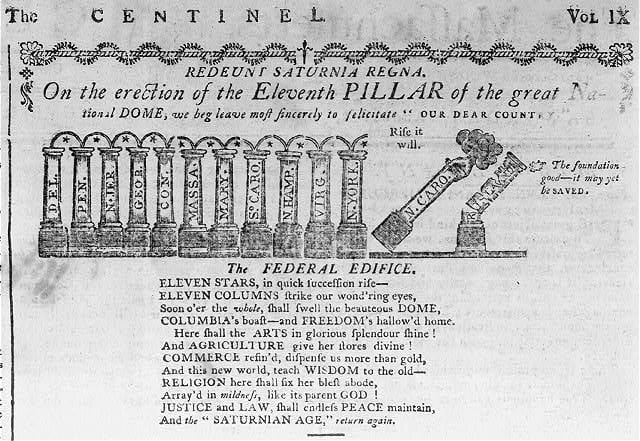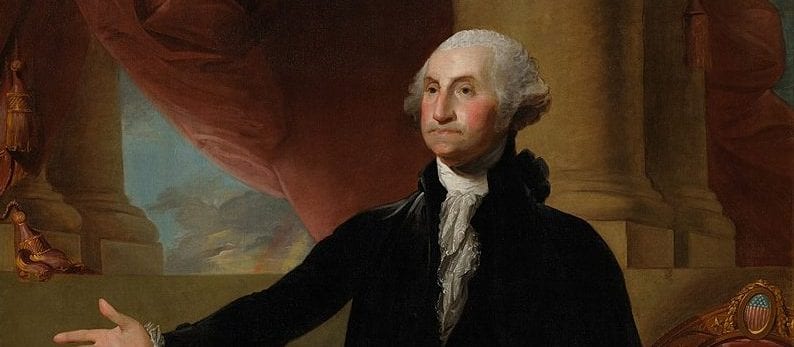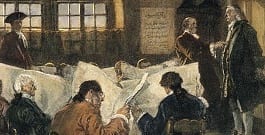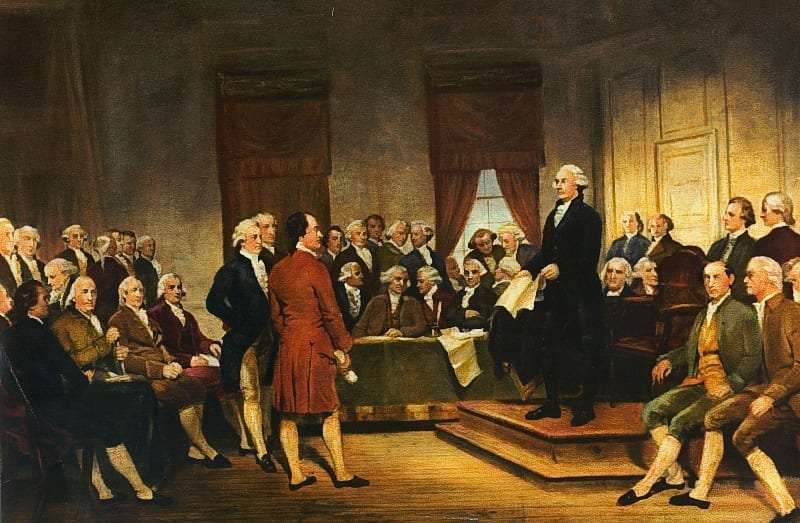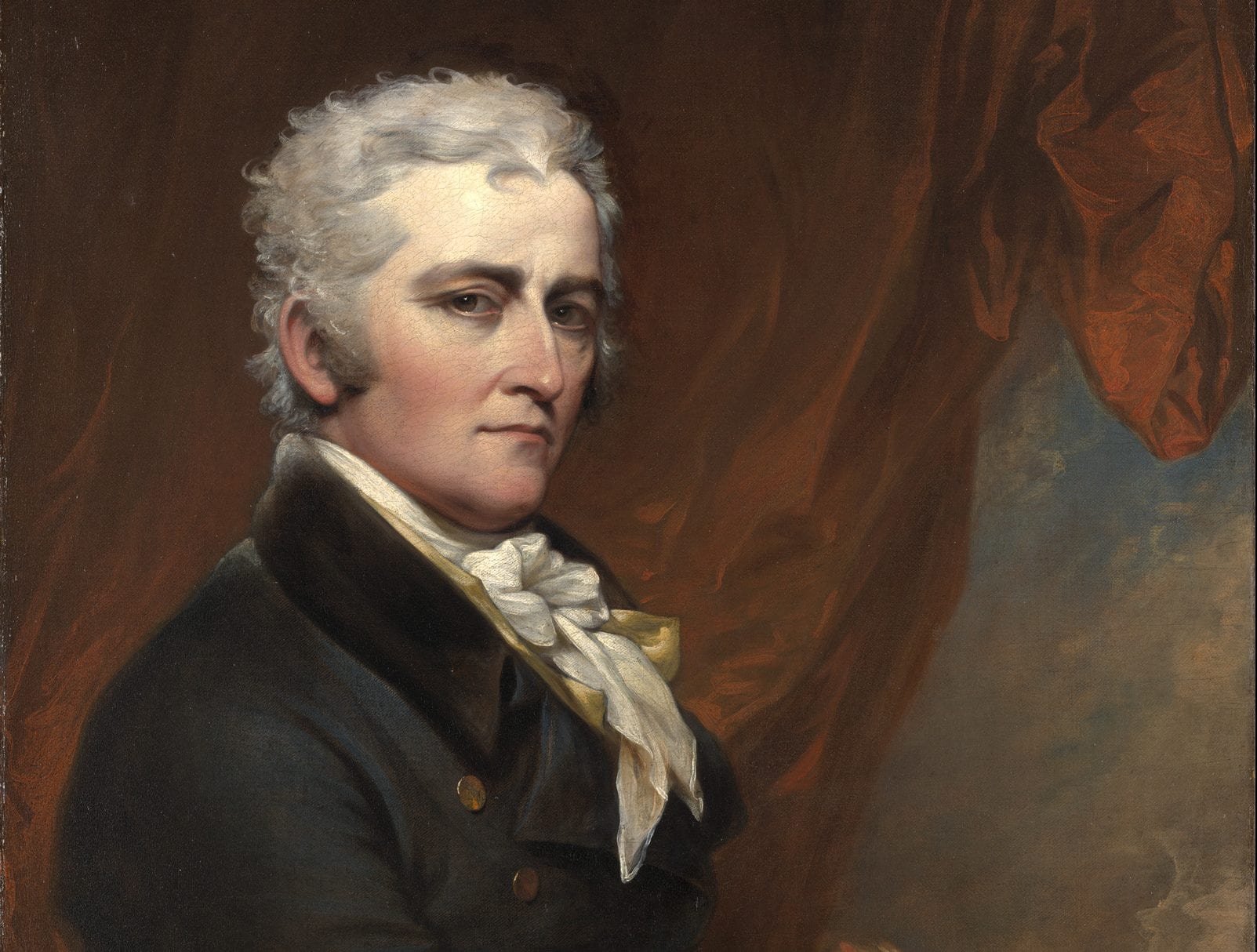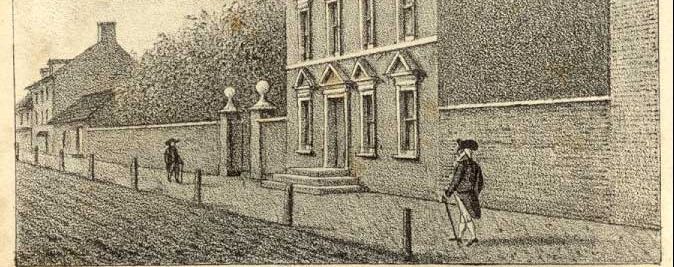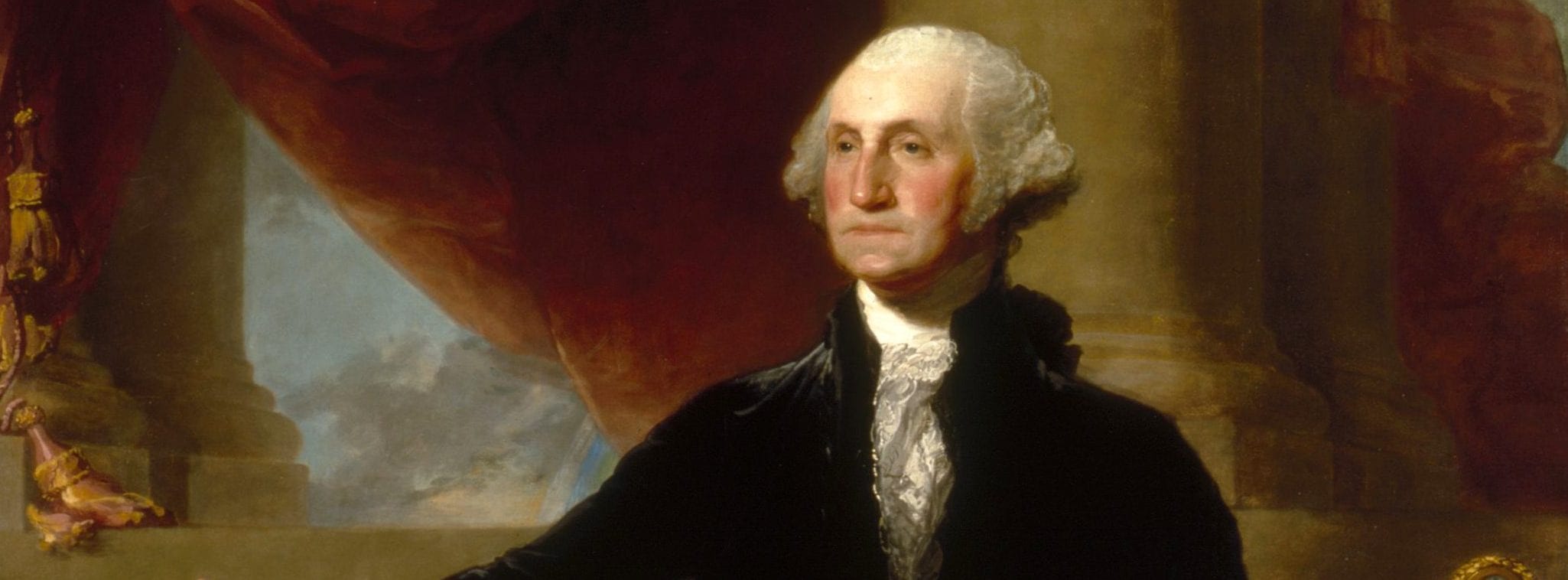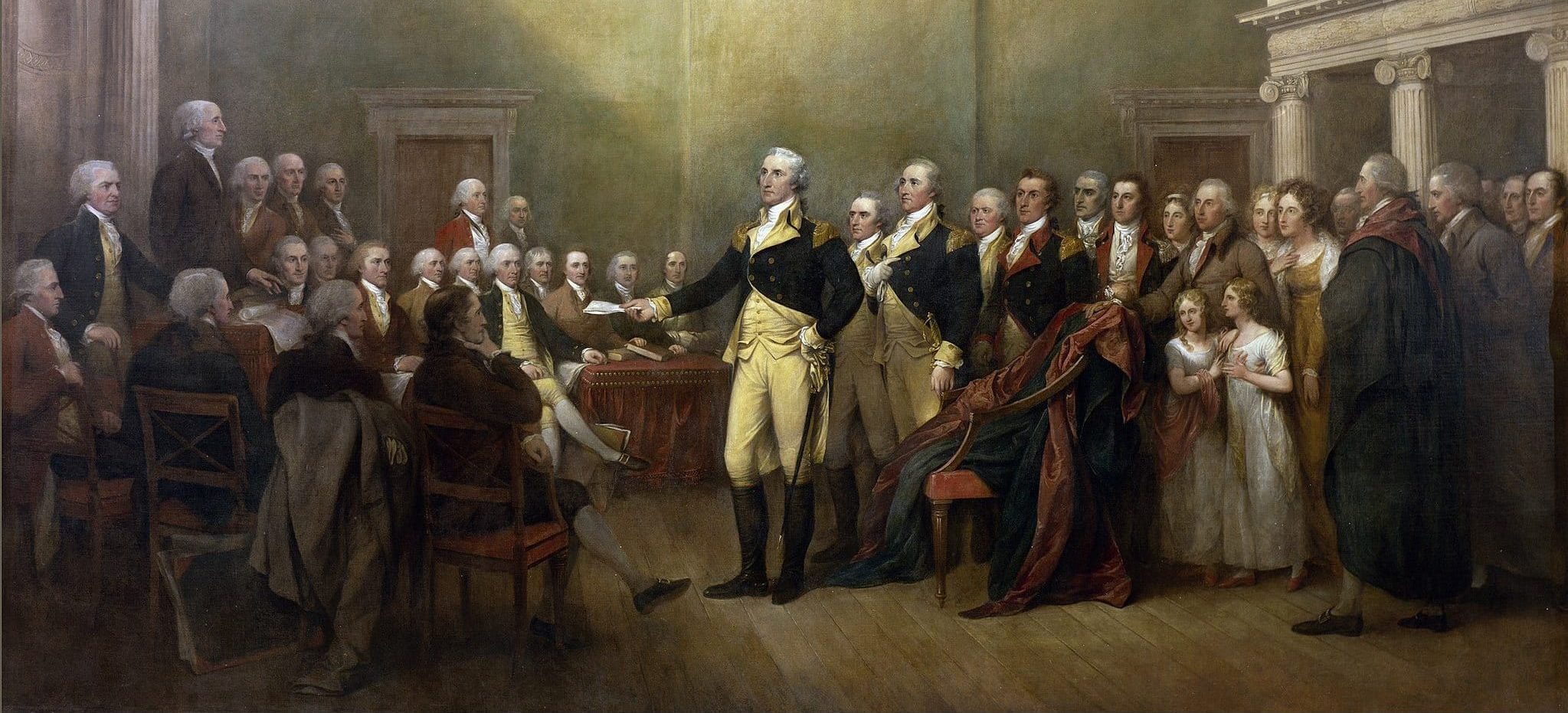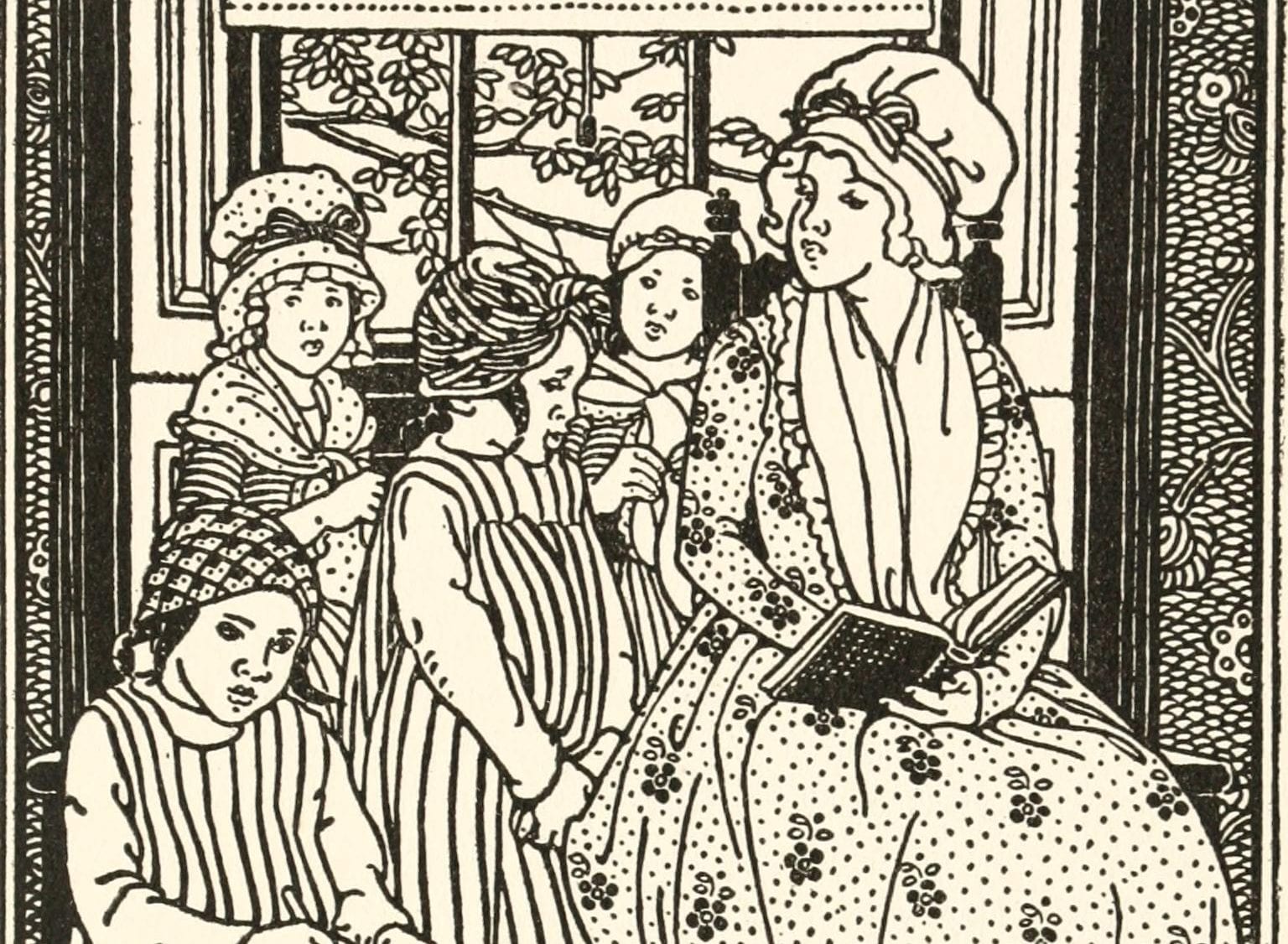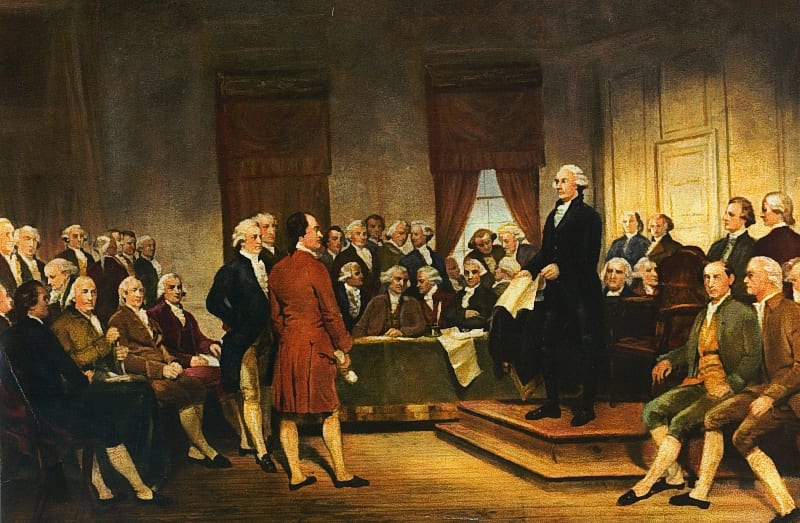


Introduction
The Federalist Papers is a series of essays written by Alexander Hamilton, James Madison, and John Jay, published in several newspapers in New York State between October 1787 and August 1788. Thomas Jefferson once remarked that The Federalist Papers are “the best commentary on the principles of government which ever was written.” In this paper, Hamilton responds to a criticism levied against the proposed Constitution (see Brutus No. 16, for example)—by the Anti-Federalists—that the quality of representation is insufficient to include the variety of interests and modes of business prevalent in a pluralistic society. Implicit in the Anti-Federalist position was the notion that citizens could only be adequately represented by one of “their own,” meaning that only farmers could represent the interests of farmers, only merchants could represent the interests of merchants, and so forth. Hamilton advances a different view of representation: since the representatives are elected by their constituents, they will always have their constituents’ interests in mind, even if they come from a different occupation or class. Elections, not common interest, are the basis of sympathy between representatives and citizens, according to Hamilton.
Source: George W. Carey and James McClellan, eds., The Federalist: The Gideon Edition, (Indianapolis: Liberty Fund, 2001)
To the people of the state of New York:
. . . One [objection to the Constitution] which, if we may judge from the frequency of its repetition, seems most to be relied on, is, that the House of Representatives is not sufficiently numerous for the reception of all the different classes of citizens, in order to combine the interests and feelings of every part of the community, and to produce a due sympathy between the representative body and its constituents. This argument presents itself under a very specious and seducing form; and is well calculated to lay hold of the prejudices of those to whom it is addressed. But when we come to dissect it with attention, it will appear to be . . . [is] made up of nothing but fair-sounding words. The object it seems to aim at is, in the first place, impracticable, and in the sense in which it is contended for, is unnecessary. I reserve for another place the discussion of the question which relates to the sufficiency of the representative body in respect to numbers, and shall content myself with examining here the particular use which has been made of a contrary supposition, in reference to the immediate subject of our inquiries. . . .
The idea of an actual representation of all classes of the people, by persons of each class, is altogether visionary. Unless it were expressly provided in the Constitution, that each different occupation should send one or more members, the thing would never take place in practice. Mechanics and manufacturers will always be inclined, with few exceptions, to give their votes to merchants, in preference to persons of their own professions or trades. Those discerning citizens are well aware that the mechanic and manufacturing arts furnish the materials of mercantile enterprise and industry. Many of them, indeed, are immediately connected with the operations of commerce. They know that the merchant is their natural patron and friend; and they are aware, that however great the confidence they may justly feel in their own good sense, their interests can be more effectually promoted by the merchant than by themselves. They are sensible that their habits in life have not been such as to give them those acquired endowments, without which, in a deliberative assembly, the greatest natural abilities are for the most part useless; and that the influence and weight, and superior acquirements of the merchants render them more equal to a contest with any spirit which might happen to infuse itself into the public councils, unfriendly to the manufacturing and trading interests. These considerations, and many others that might be mentioned prove, and experience confirms it, that artisans and manufacturers will commonly be disposed to bestow their votes upon merchants and those whom they recommend. We must therefore consider merchants as the natural representatives of all these classes of the community.
With regard to the learned professions, little need be observed; they truly form no distinct interest in society, and according to their situation and talents, will be indiscriminately the objects of the confidence and choice of each other, and of other parts of the community.
Nothing remains but the landed interest; and this, in a political view, and particularly in relation to taxes, I take to be perfectly united, from the wealthiest landlord down to the poorest tenant. No tax can be laid on land which will not affect the proprietor of millions of acres as well as the proprietor of a single acre. Every landholder will therefore have a common interest to keep the taxes on land as low as possible; and common interest may always be reckoned upon as the surest bond of sympathy. But if we even could suppose a distinction of interest between the opulent landholder and the middling farmer, what reason is there to conclude, that the first would stand a better chance of being deputed to the national legislature than the last? If we take fact as our guide, and look into our own senate and assembly, we shall find that moderate proprietors of land prevail in both; nor is this less the case in the senate, which consists of a smaller number, than in the assembly, which is composed of a greater number. Where the qualifications of the electors are the same, whether they have to choose a small or a large number, their votes will fall upon those in whom they have most confidence; whether these happen to be men of large fortunes, or of moderate property, or of no property at all.
It is said to be necessary, that all classes of citizens should have some of their own number in the representative body, in order that their feelings and interests may be the better understood and attended to. But we have seen that this will never happen under any arrangement that leaves the votes of the people free. Where this is the case, the representative body, with too few exceptions to have any influence on the spirit of the government, will be composed of landholders, merchants, and men of the learned professions. But where is the danger that the interests and feelings of the different classes of citizens will not be understood or attended to by these three descriptions of men? Will not the landholder know and feel whatever will promote or insure the interest of landed property? And will he not, from his own interest in that species of property, be sufficiently prone to resist every attempt to prejudice or encumber it? Will not the merchant understand and be disposed to cultivate, as far as may be proper, the interests of the mechanic and manufacturing arts, to which his commerce is so nearly allied? Will not the man of the learned profession, who will feel a neutrality to the rivalships between the different branches of industry, be likely to prove an impartial arbiter between them, ready to promote either, so far as it shall appear to him conducive to the general interests of the society?
If we take into the account the momentary humors or dispositions which may happen to prevail in particular parts of the society, and to which a wise administration will never be inattentive, is the man whose situation leads to extensive inquiry and information less likely to be a competent judge of their nature, extent, and foundation than one whose observation does not travel beyond the circle of his neighbors and acquaintances? Is it not natural that a man who is a candidate for the favor of the people, and who is dependent on the suffrages of his fellow-citizens for the continuance of his public honors, should take care to inform himself of their dispositions and inclinations, and should be willing to allow them their proper degree of influence upon his conduct? This dependence, and the necessity of being bound himself, and his posterity, by the laws to which he gives his assent, are the true, and they are the strong chords of sympathy between the representative and the constituent. . . .

Conversation-based seminars for collegial PD, one-day and multi-day seminars, graduate credit seminars (MA degree), online and in-person.




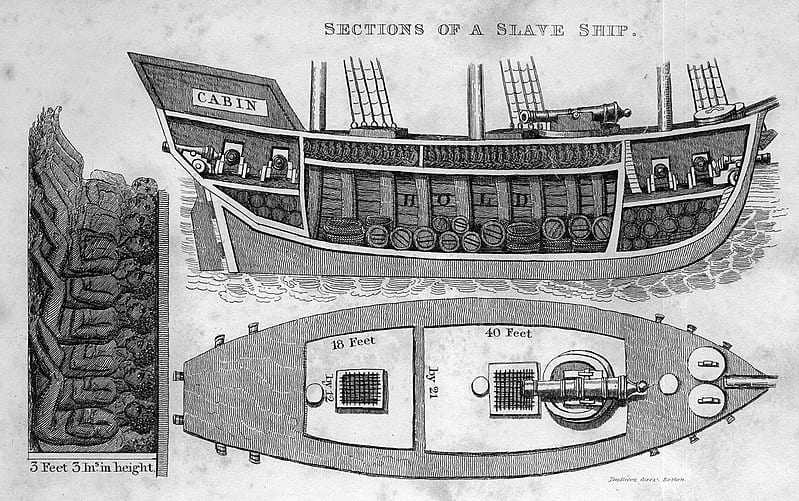






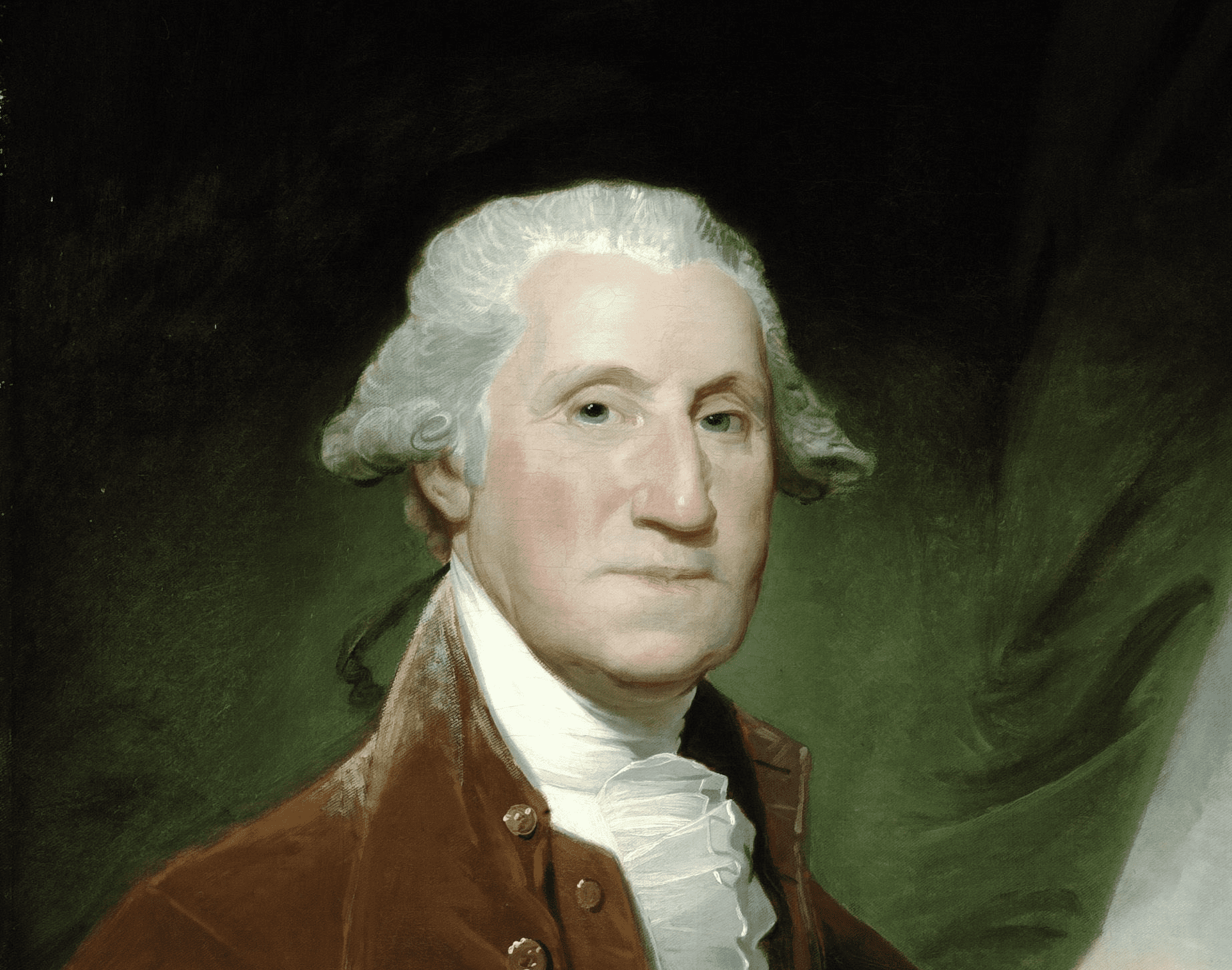
















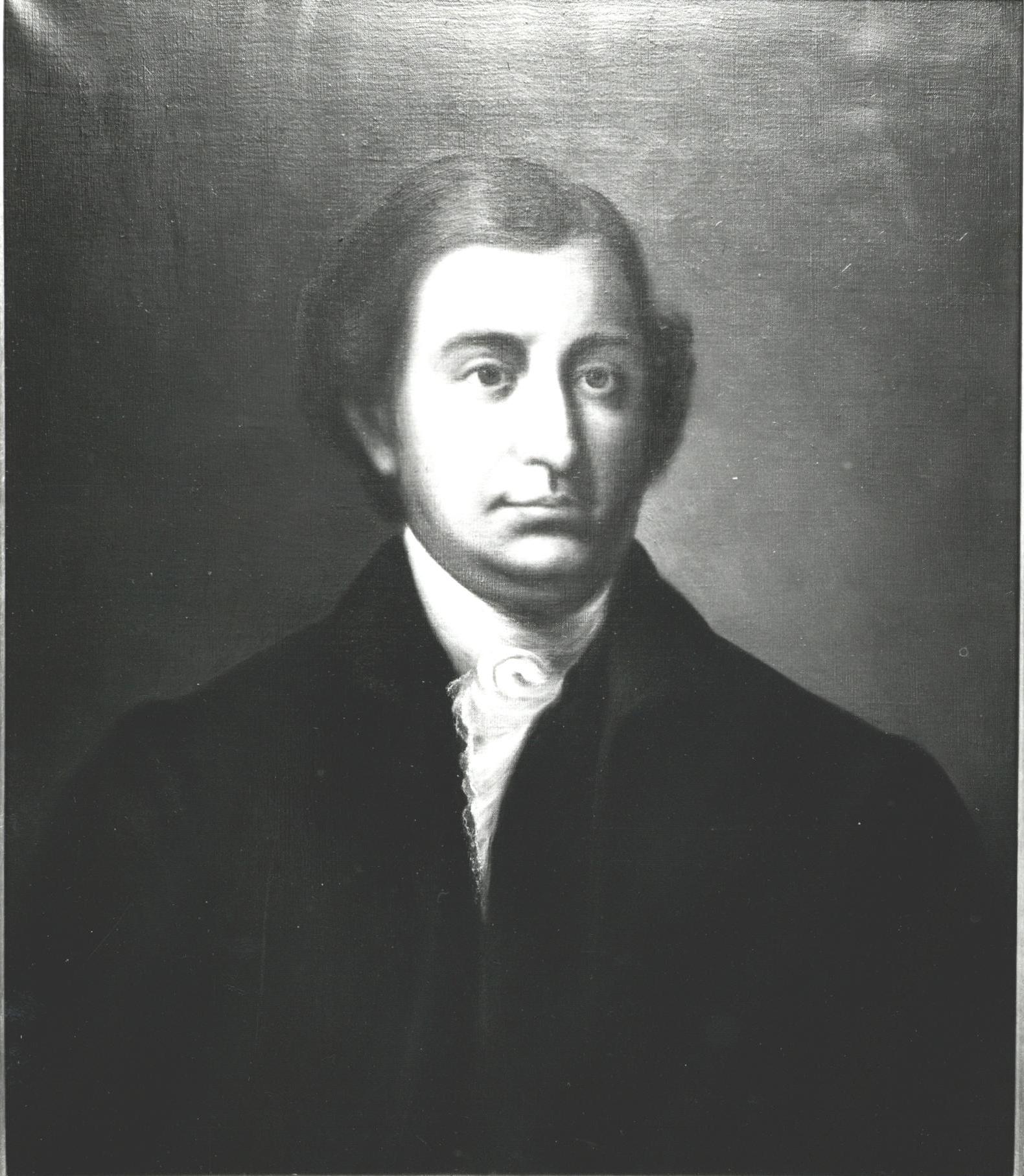
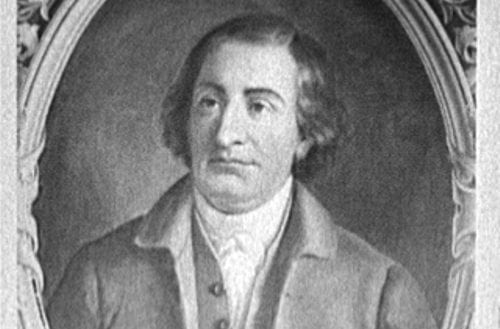
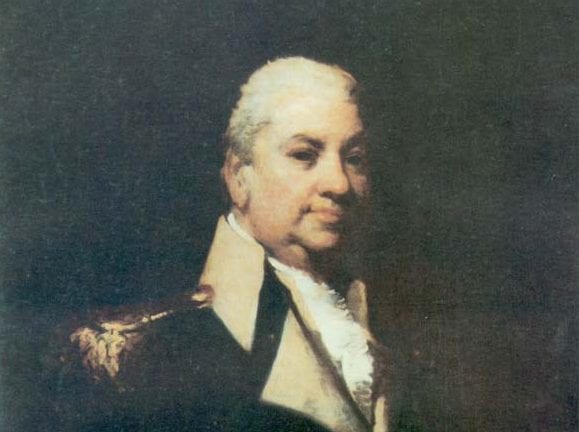


















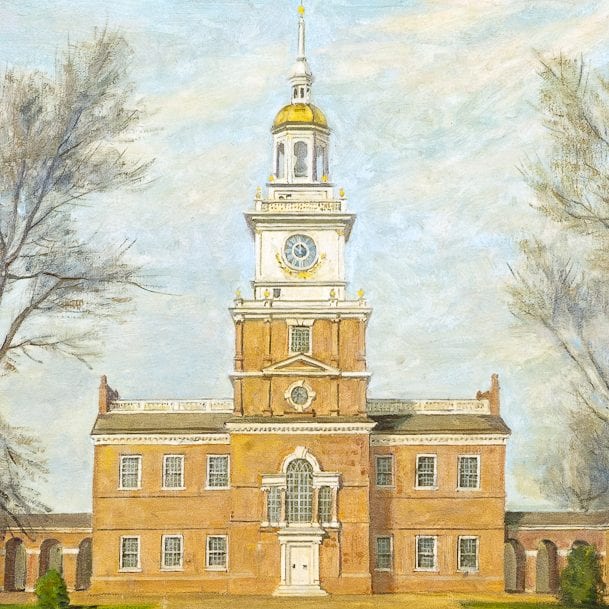

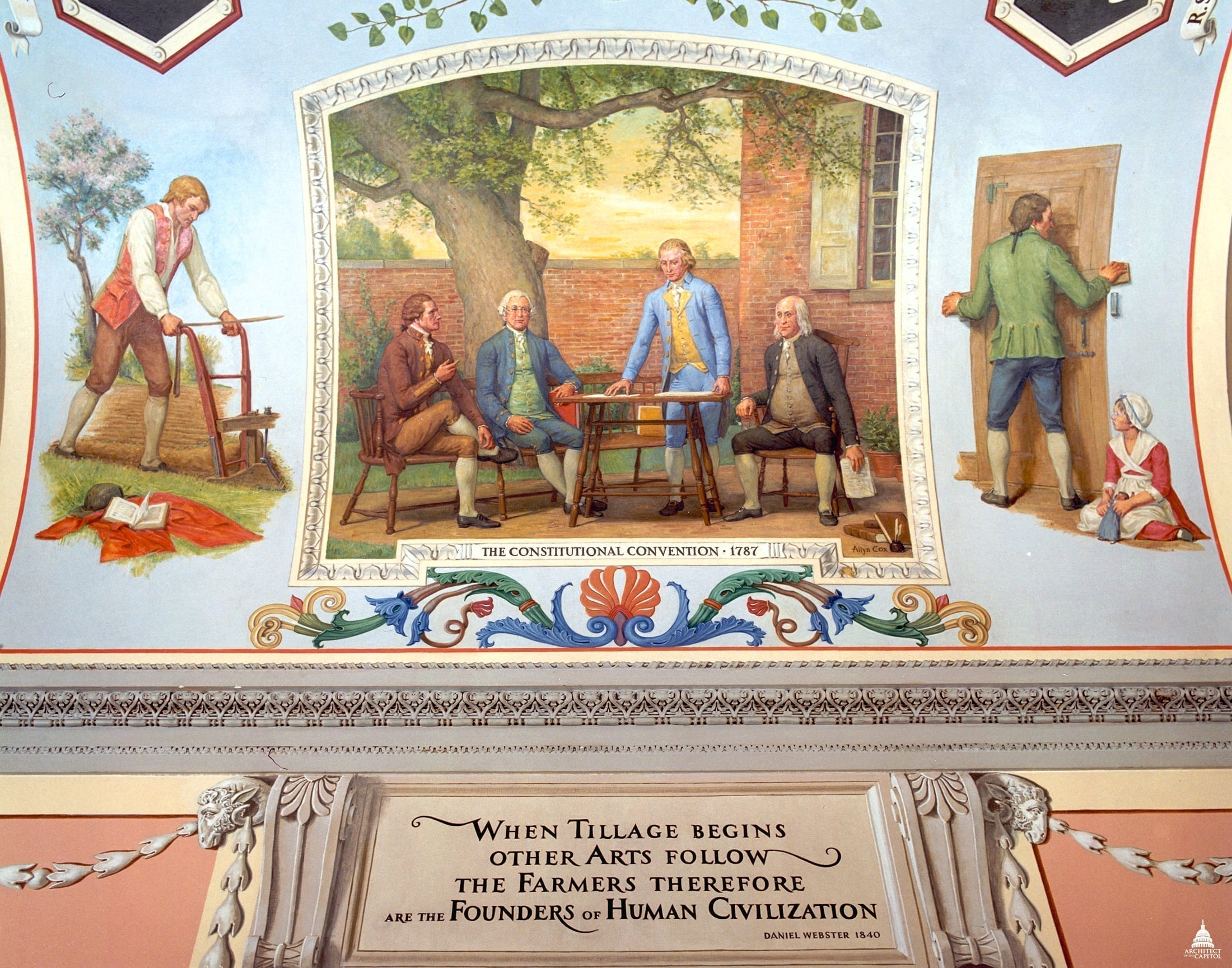

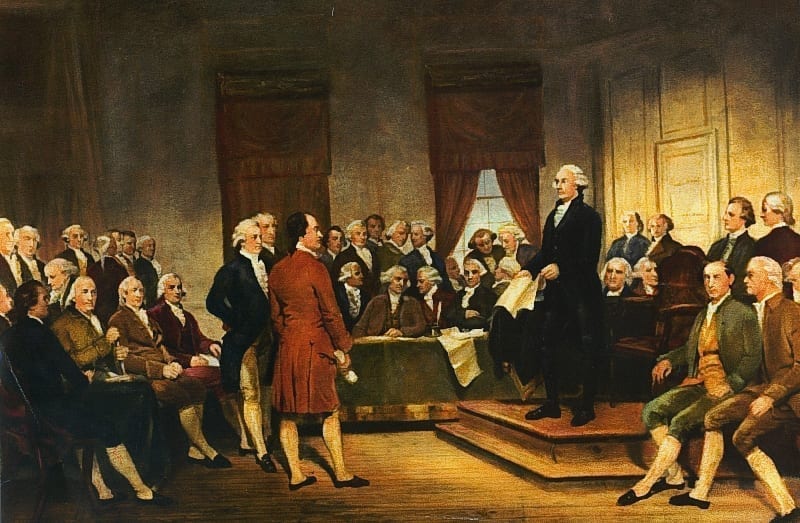


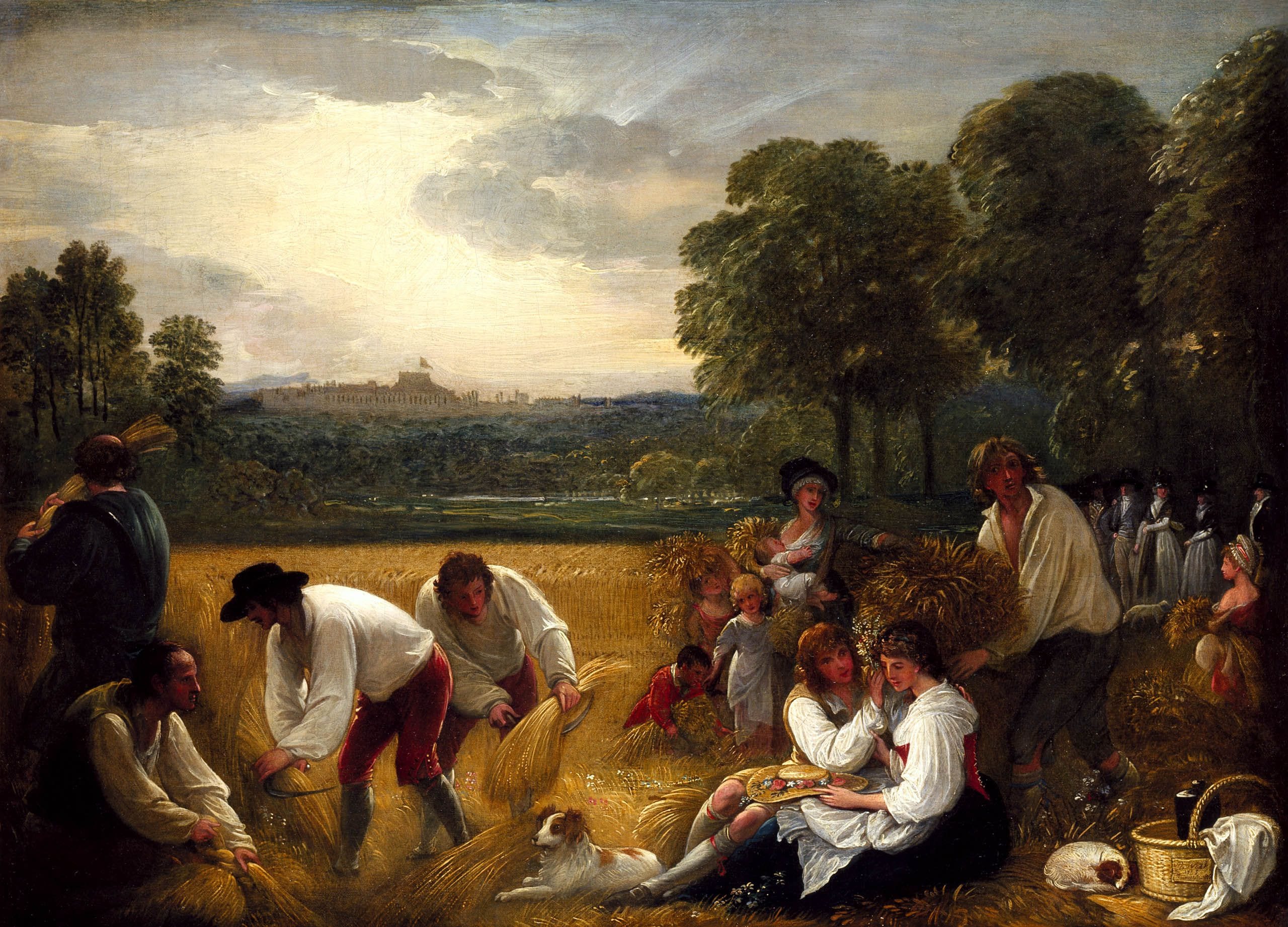
















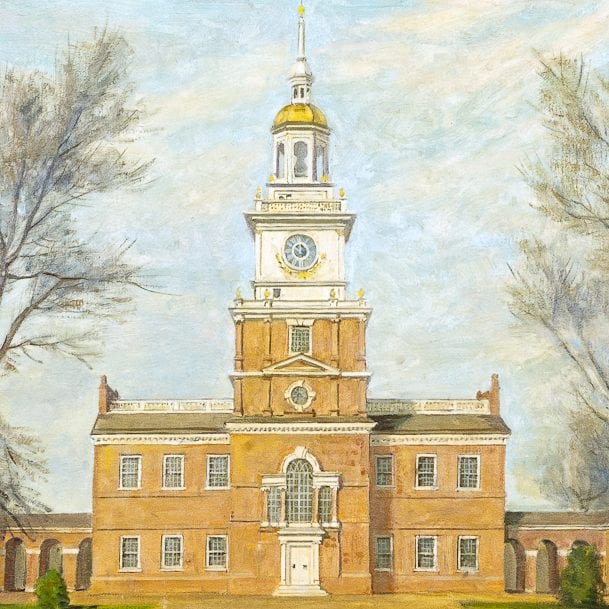
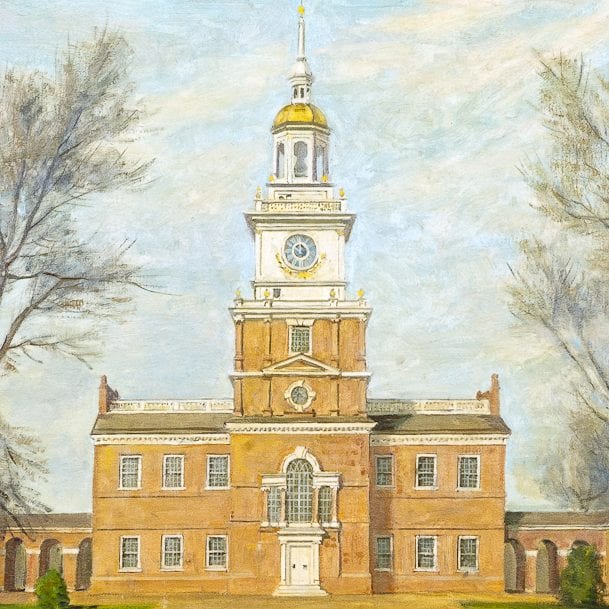





































































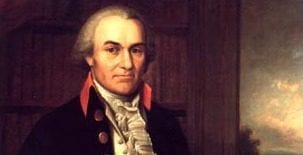



























![Finley, A. (1829) Pennsylvania. Philada. [Map] Retrieved from the Library of Congress, https://www.loc.gov/item/98688548/.](/content/uploads/2024/02/Map-of-PA--273x190.jpg)





















